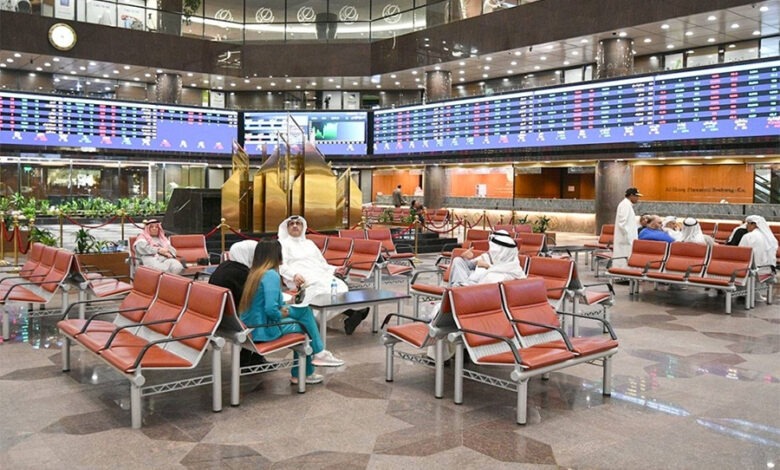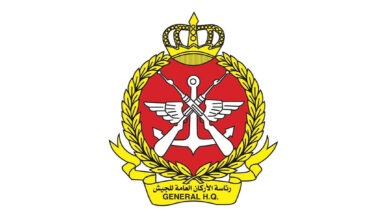
During last week’s trading, most financial market indices in the Gulf Cooperation Council (GCC) countries witnessed substantial gains, with six markets showing growth while only one experienced a decline.
The Kuwait Stock Exchange maintained its positive momentum, with the Main Market index increasing by 1.56 percent, or 112.92 points, closing at 7,342.98 points and raising its gains for the year to 7.6 percent. The primary market’s gains were even more significant, jumping to 1.78 percent, closing at 8062.68 points and achieving a year-to-date gain of 7.8 percent. The main market index 50 experienced the best gains, rising by 2.13 percent, closing at 5,973.82 points.
The Dubai Financial Market Index took the lead among gainers, surging by 2 percent, or 81.62 points, closing at 4163.33 points. This brought its year-to-date gains to 2.55 percent, supported by positive global financial indicators, notably the new record closes in the American markets — Nasdaq, S&P, and Dow Jones.
In contrast, the Abu Dhabi Index recorded the weakest performance among Gulf financial markets, losing 1.49 percent during the week, closing at 9567.68 points. The Saudi market index, TASI, secured the second position with a gain of 1.69 percent, closing at 12,161.56 points.
Market variables saw varying declines, with liquidity, activity, and the number of transactions decreasing by approximately 20 percent, 24 percent, and 18 percent, respectively. Warba Capital and Al Khaliji shares reached record highs of 24 and 17 percent, while Watani and KFH shares achieved gains of 2 to 1.5 percent. Kuwaiti shares, the most active, gained 10 percent, Kuwait Real Estate and Gulf Bank shares gained 4 percent.
The Manama Market Index gained 1.11 percent, closing at 2013.74 points, surpassing the two-thousand-point level for the first time in the past two years. The Amman Financial Market Index recorded a modest increase of 0.44 percent, closing at 4607.42 points. The Qatar Market Index showed limited gains of 0.28 percent, closing at 10347.55 points.












